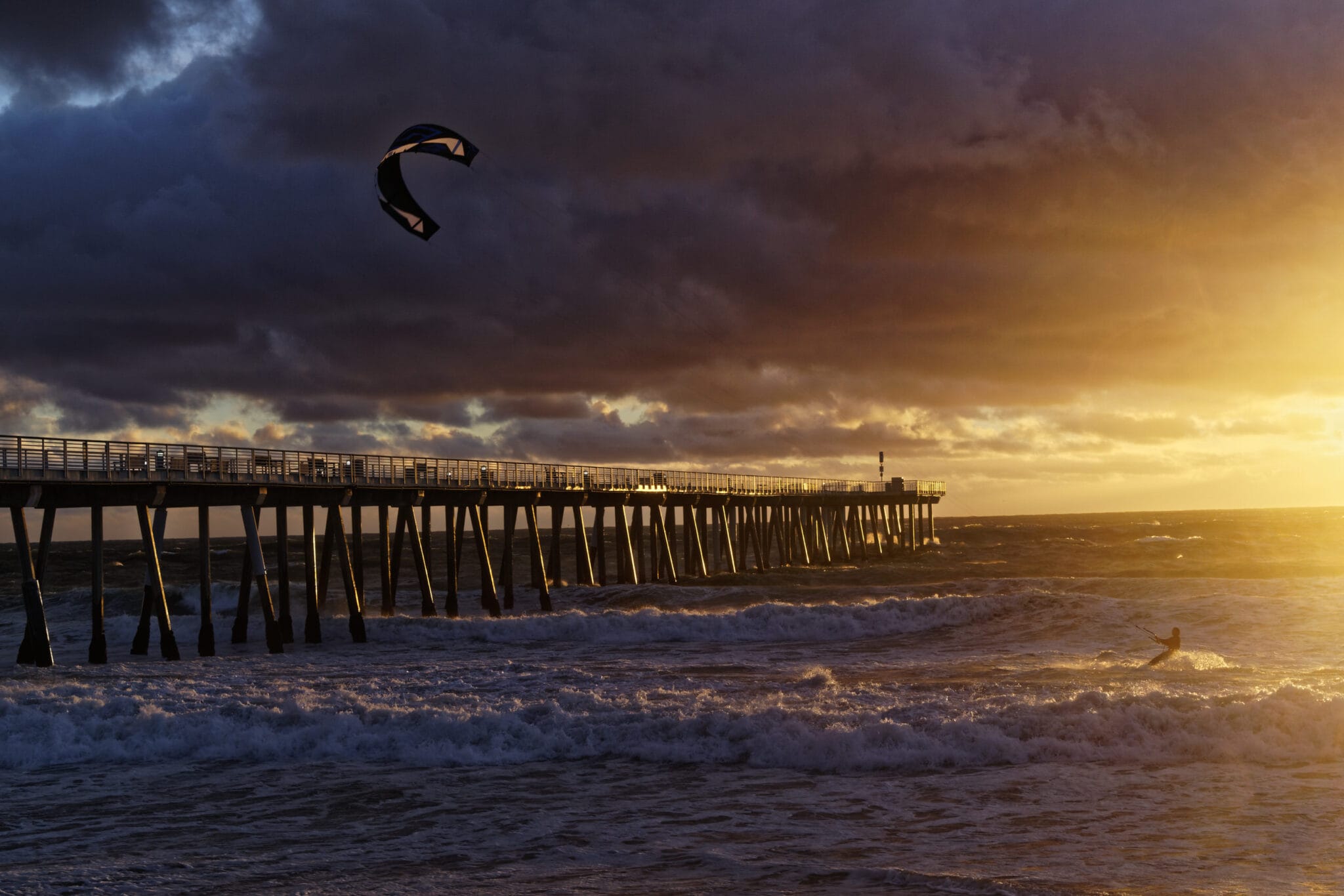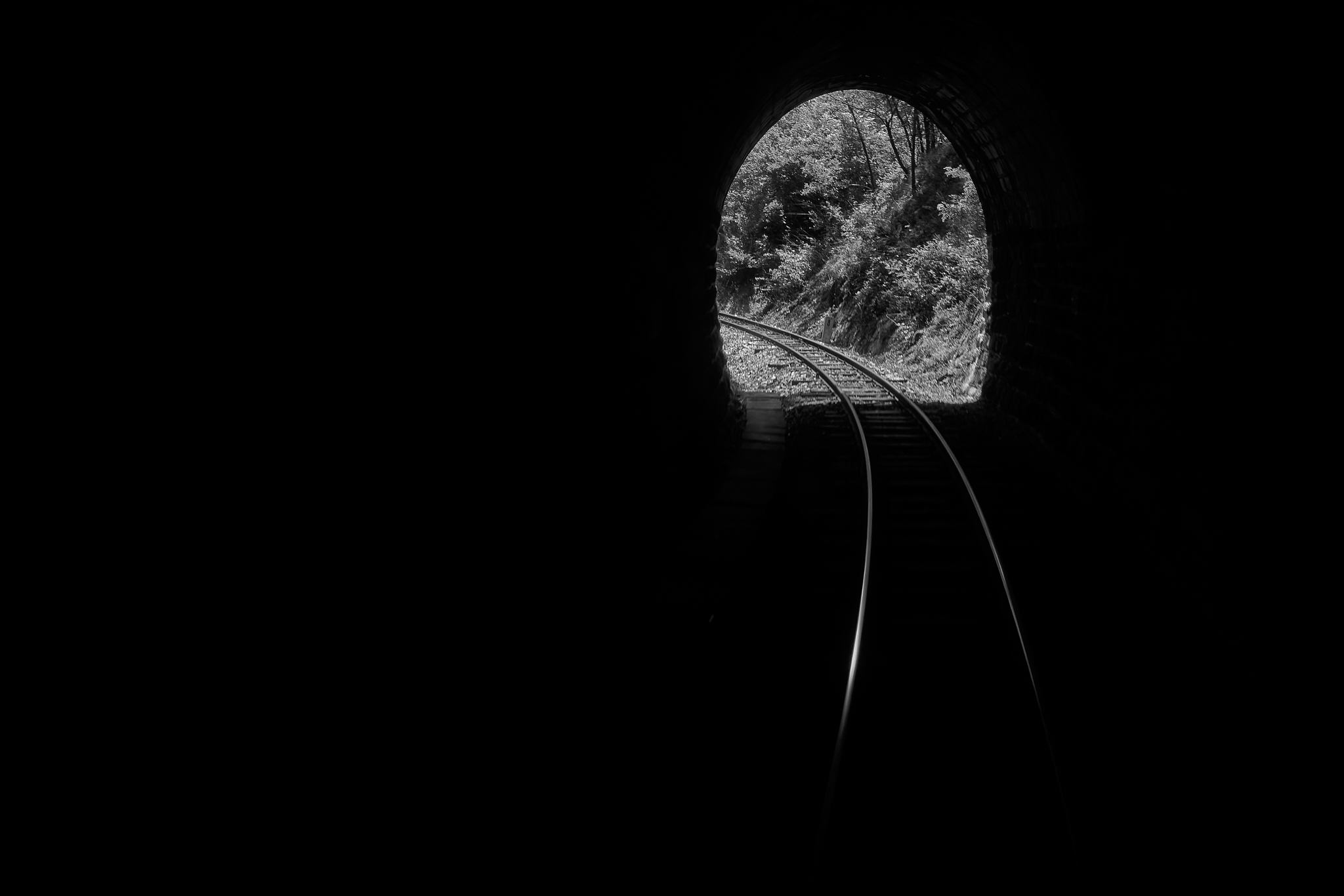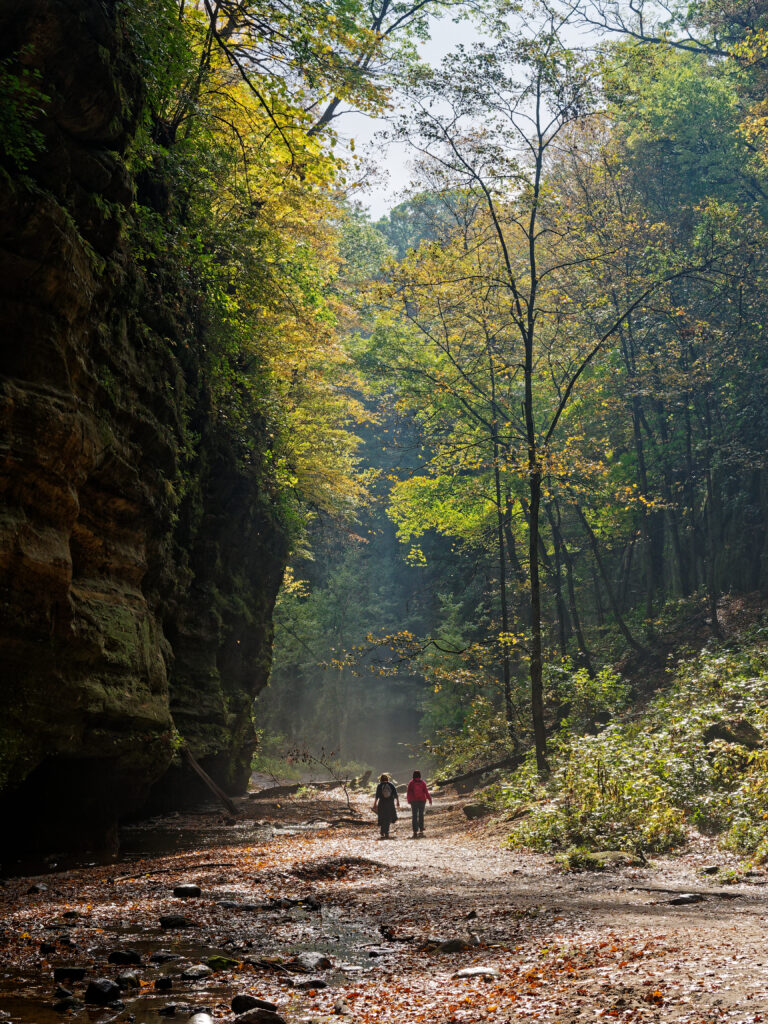
Prioritize the Process Over Your Results
I’ve written about Stoicism in the past and, in part, today’s concept can be attributed to the Stoic philosophy. This might seem counterintuitive for photography, but bear with me.
It’s easy to become obsessed or overly concerned with the outcome of our photography. After all, the photo is the final product and, it would seem, that is what we should most be concerned with. Our final product is of value, and in some cases literal value. However, it is not inherently the pinnacle of importance.
English
So, Why Not Prioritize the Outcome?
Focusing too intensely on an outcome can have pitfalls. One of the most common issues is the failure to focus on the task at hand because we are worried about what our final result will be.
There is a similarity to the concept of being aware of or focused on the present moment. Being present in the moment allows us to focus on the current task and not be so worried about the outcome that we are:
1. Unable to perform to our standards and abilities or the standards required of us
2. Miss opportunities
3. Miss out on experiencing life/the moment
This echoes the quote:
“To finish the moment, to find the journey’s end in every step of the road,
to live the greatest number of good hours, is wisdom.”
– Ralph Waldo Emerson
English
“>

The Outcome is an Evaluation Metric
Learning any new skill is dependent on focusing on and believing in the process. When we don’t apply ourselves to a learning process we…well, don’t learn. Also, if we don’t have faith in a process, we often quit or don’t properly commit, thus leading to poor results.
However, many people tend to be hyper-focused on the results. I’ve seen this to be true in literally everything I’ve taught, instructed, and while learning. I’ve seen this in photography, Muay Thai, weightlifting/physical fitness, writing/poetry, English, shooting, and more.
The reality:
The outcome is just a personal metric by which we evaluate our process.
English
The outcome informs us of how we performed. For photography, our outcome is the final photo. A “good” photo, or outcome, is one that we are satisfied with. This positive outcome is a result of the several elements we considered and worked around, the decisions we made, and our execution of these decisions – our actions.
It’s important to also understand that some elements are outside of our control. These are also important. But more on control later…
English
Prioritize the Process
This idea is especially true when initially learning photography. Nonetheless, there is always something to learn, so it’s a valid position regardless of your level of experience and knowledge.
As we continue to develop, even if we consider ourselves experts, we should maintain a conscious appreciation for the process. Actually, I would argue this is especially true if we consider ourselves experts. Any true expert should be aware of their deficiencies and the room for constant improvement. This is because a true expert doesn’t focus solely on the ability or knowledge that he or she possesses, but it is also a mindset. A mindset of continual development and curiosity. It is the only why to become and expert and the only way to maintain. But, I’m rambling…
English
“>
So, Why the Process?
Remember we are PRIORITIZING the process, not completely ignoring the outcome.
Essentially, its the opposite of the reasons above for why not to prioritize the outcome:
1. We are more likely to perform to higher standards
2. We are aware and less likely to miss opportunities
3. We are present and experience life
Furthermore, over time as we gain experience we usually develop some degree of “muscle memory” and act intuitively while taking photos. Part of reaching this point is learning by focusing on the process. Mindful actions. Understand what you are doing and why. Sure, trial and error can work great, but even that has its limitations and requires afterthought to gain beneficial insight.
English

What Are the Processes We Should Focus On?
What Do We Prioritize?
In general, we can separate things in into three categories:
1. Things I have COMPLETE (at least in theory) control over
2. Things I have PARTIAL control over
3. Things I have NO control over
We want to focus on the things we have complete control over. These are the processes we, ourselves have the power to influence. Definitely consider the things we have partial and no control over as they provide you a more complete understanding of everything. A majority of your focus and effort should be on the processes that you can control.
So, How Does This Apply to Photography?
These concepts can extend to many facets of life, but what about photography. Obviously, I won’t cover everything, but here are a few.
What do we have COMPLETE control over in the photo?
Some things may take more effort and practice and outside influences can make it very difficult to maintain absolute control (especially in regards to your attitude and mentality), but in theory you can control these elements as well as some of the photographic elements.
Some things you can control:
– You can control your actions and decisions
– Camera settings, composition, shooting location, day and time we shoot
– You can control your effort and your attitude/mindset
– Being present in the moment – take photos, but don’t be so consumed with it that you are no longer experiencing the moment. Photography can enhance life, but don’t be so glued behind the lens that you miss out on life.
– How you decide to interact with people/subjects
English
“>
Camera
For the camera, we can control our settings. Depending on the camera and individual settings, manual vs. automatic, we can control more or less. Either way we are offered some amount of control in how we operate our camera. Therefore, knowing how to use our equipment and how various settings and functions work and influence the photographic process of the camera are very important elements of what we control.
I’ve harped on this in the past, but I’ll mention it again…know you’re equipment. Familiarize yourself with the tools of your trade, hobby, passion, or whatever.
Also, take care of your equipment. Keep your equipment clean and in good working order. Care for it and it will serve you well. It will care for you, as you care for it.
Composition, Subject and Surrounding...to an Extent
As mentioned above, we can’t control every element within our photo. The compilation of environment, subjects, the weather, lighting, etc. can change beyond our control. However, we have a say in what we chose to capture. The composition and inclusion or exclusion of elements is within our control. Lens limitations or environment/subject changes can happen in an instance but still we have some control to an extent.
Our Attitude/Mindset
This is a big one and, for some, perhaps more difficult than the technical aspects of photography.
This is where the focus and appreciation of the process comes into play. It is where we come to understand the process of improvement and growth. We accept not just prioritizing the process, but accept the challenges, our strengths, weaknesses, what we know and don’t know, and much more. We then open ourselves up to developing as a photographer and as a person. It takes not only being honest with ourselves, but also submitting to the truth. Remaining humble enough to progress through a process of change.
What is PARTIALLY in Your Control?
But some of these things are partially dictated by your environment. A dark environment will force you to adjust your settings (ISO, aperture, shutter speed) or equipment used (flash, tripod, monopod etc.) or adjust your expectations or intentions of the photo based on the settings or equipment you use. Or limited space, shooting by a body of water, or near the edge of a cliff can limit your control of how you take a photo.
Some partial things in your control:
– How people/subjects pose or behave for your photo based on your requests/suggestions
– If our equipment is in working order- this is partially in our control as we can do our part to maintain and care of our equipment, but sometimes issues arise regardless of preparation and care
English
What is OUT of Your Control in Your Photo?
A few things out of our control:
– How other people behave
– The weather
– Equipment malfunctions – See above for partial control
– If other people will like your photos
Despite our understanding that we cannot control everything in life, we often try to control things well out of our a hands. Certain things are simply out of our control. We can attempt to influence people or things, but in many cases our actions have little to no consequences, or the consequences are not those which we intended or desired. This is because other factors play a role as well.
You can’t control every element of your photo, especially in street photography. Living subjects move. Nature couldn’t care less if you prefer more or less light or if a storm fails to harmonize with your artistic vision.
Also, assuming you will share your work, you can’t control who will like it. So, don’t focus on capturing photos to impress others. Take photos for yourself. First and foremost, appeal to your interests and ideals. In the long run this will mean much more to you than catering to the interests of others.
English
“>
What Next?
Whether we are talking about individual projects or our overall development as a photographer, the process for photography can vary for each of us. I can’t say what what everyone’s process would be. But, in general, consider writing down or thinking about some of the the following, this will help you formulate a process:
– Weaknesses or challenges
– Strengths
– What do you you truly know (or think you know)
– What don’t you know, but want to learn
– What resources do you have to learn what you want to learn (friends, mentors, books, internet, courses, ,etc.)
– Anything else you can think of
Then with this information:
– Consider what your goals are. What is your ideal outcome?
– What steps, do you need to take to achieve this outcome? (Remember: These are the processes to that determine the success of your goals. These steps are part of the process for you to focus on.)
Final Word
I’ll be posting a quick story about applying these concepts in the upcoming days. My last outing was less than ideal for a few reasons, but it was a helpful reminder to consider these ideas.
Regardless if you we are talking about, photography, other life goals, tasks, activities or personal development there is something to learn from the idea of focusing on the process and understanding what you can control. Take what you can from this topic. Hopefully, something will be beneficial to you in one way or another.
Check out my free ebook, 5 Unique Photo Challenges, for some inspiration. As well as, sign up for the Photography Insight Journal using the form at the bottom of the page for notifications when a new post is up.

